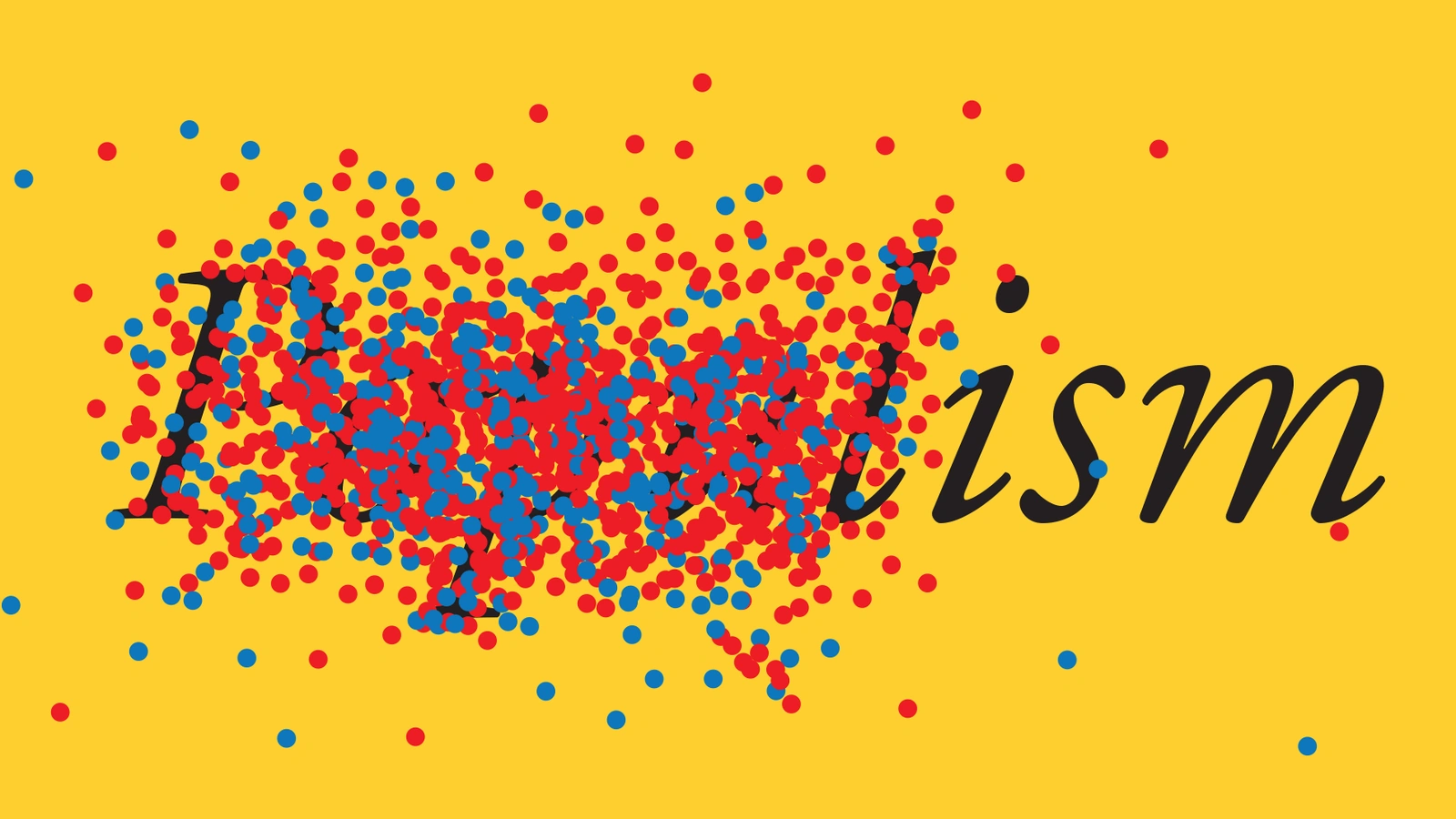Isabela Padilha
Kelly Cotton
AP Comparative Government 🗳️
90 resourcesSee Units
In this part of the unit, we will start to analyze the ways in which people view the political system. Politics is all about the hinges of people and the government, and this has highly evolved over time!
Political ideologies refer to the set of values that citizens follow to understand/interact with the political system. It provides people with a framework to assess political events and issues.
Think about your own political ideologies! How do they help you understand the world around you? Do you consider them important? For Political Scientist they are indeed very relevant to understand the political environment of distinct nations.
Topic 3.3, Political Ideologies, simply asks you to identify the six political ideologies outlined in the CED. Normally, we would start with vocabulary, but in essence, the ideologies are the vocabulary of 3.3, so let us look at the ideologies.
Aspects of Political Ideologies
Individualism 🕺- belief in individual civil liberties and freedom over governmental restrictions. The U.S. is a prime example of this type of political ideology, but of course, this is not one of your course countries. The UK has some of this political ideology ingrained in its political culture, but most of the core countries ascribe more to nationalism than individualism.
Neoliberalism 💸 —belief in limited governmental intervention in the economy and society, supports privatization, free trade, deregulation, and the elimination of state subsidies. Neoliberalism became a predominant political-economic ideology in the 1980s and 1990s, and was adopted by many Developing countries during the time period. For example, in Nigeria 🇳🇬 during the period of the 1980s the government adopted several Neoliberalist strategies to get over a financial crisis. the government adopted the SAP (Structural Adjustment Program) to join efforts from other developing countries to promote economic growth above all else.
Communism 🧧—belief in the abolition of private property with near-total governmental control of the economy. The Chinese 🇨🇳 CCP (Chinese Communist Party) has adopted a Marxist-Leninist ideology that is based on the principles of dictatorship of the proletariat, class struggle, dialectic materialism, which grants the party the power as the leading force to solve these main issues.
Socialism 👥 —belief in the reduction of income disparities and the nationalization of major private industries. For example, the Bolshevik Revolution brought upon Russia 🇷🇺 in 1917 a socialist state. From this year until the collapse of the Soviet Union in 1991, the Russian government brought upon socialist economic strategies, with the central planing of the economy and state ownership of oil enterprises.
Fascism 😤 —extreme nationalist ideology that favors authoritarian rule and the rights of the ethnic majority over that of ethnic minorities and the political opposition. None of the course countries analyzed have fascist states, and it is important to recognize that even the states with more authoritarian regimes (such as Iran and Russia) are not necessarily considered Fascists. There may be an overlap of characteristics, but calling these states fascists is not correct.
Populism 📣—political philosophy that supports the interests and rights of the common people over that of the elites. It is important to remember that populism is not linked to liberal nor conservative ideologies necessarily. Populism in Mexico 🇲🇽 has played an important role, and president AMLO (from the party MORENA) is considered a populist leader.
Your job is to be able to define each of the above political ideologies and then be able to identify where we see the ideologies above in our course countries. For instance, neoliberalism is a political ideology more commonly found in the democratic regimes of the UK, Mexico, and Nigeria. However, the UK has elements of socialism, for instance, their national health care system. In Russia and China, we see varying degrees of communism. In the UK, the idea of the Noblesse Oblige encompasses some aspects of populism.
💡Remember: "Noblesse Oblige" is a french term that appeals to the idea that those in the nobility, or rather, in political offices, should use their power for the benefit of ordinary folks.

As a student be sure that you can identify elements of the above political ideologies within the political culture of the core course countries. Keep in mind that these are not all the aspects that define political ideology, which is why understanding the history of each country is important to understand the historical and cultural aspects that composes a state's ideology.
➡️ Next up, we will examine how topic 3.4 Political Beliefs and Values asks you to take the above political ideologies and examine how conflicting political ideologies within a state impacts how that state treats its citizens and deals with specific problems it faces. So let us tackle this next topic.
Browse Study Guides By Unit
👑Unit 1 – Political Systems, Regimes, & Governments
⚖️Unit 2 – Political Institutions
🙋♀️Unit 3 – Political Culture & Participation
🐘Unit 4 – Party, Electoral Systems, & Citizen Organizations
🏗Unit 5 – Political & Economic Changes & Development
🤔Exam Skills
📚Study Tools

Fiveable
Resources
© 2025 Fiveable Inc. All rights reserved.